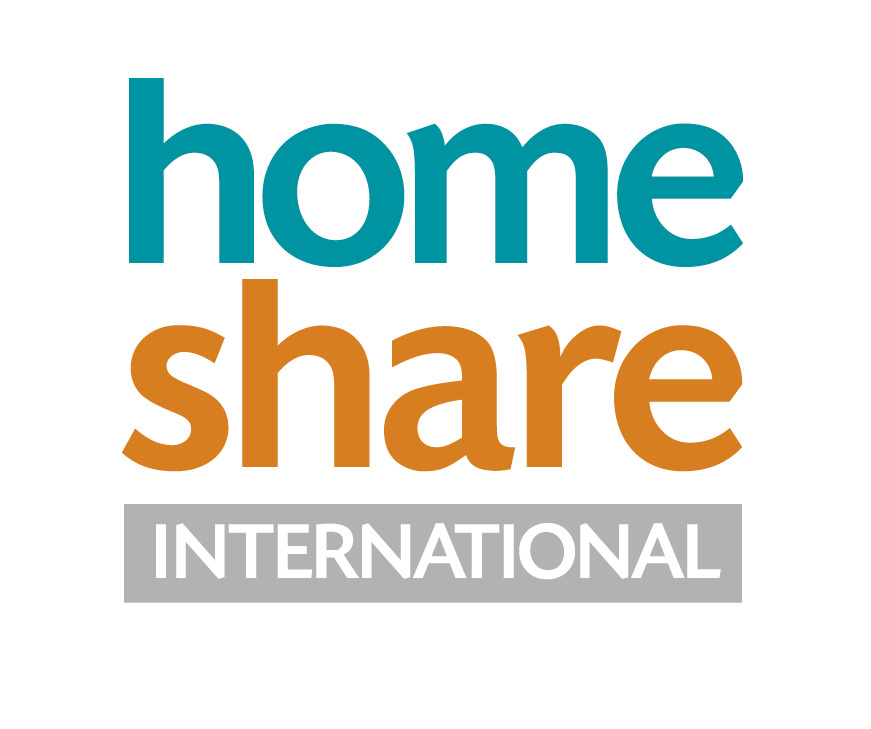The Homeshare Association, of which Share and Care Homeshare are founding members have just released “The Homeshare Report 2023” which reveals a unique insight into the current market and what’s on the horizon.
Recognising the work of independent and early stage homeshare providers, the Homeshare
Associations vision is to build the homeshare sector further and be the recognised voice of
authority and the insight in this report reinstates its leading presence.
The latest report, released this week, takes a closer look into who is benefiting from
homeshare and the primary drivers for seeking an arrangement. With poor mobility the
reason behind 30% of homeshare arrangements, and diagnosed dementia 26%, the report
also acknowledges the wide range of drivers stating that there are often more than one.
Homeshare huge hit
The survey results reveal some compelling data; 100% of people living in homeshare
arrangements said they would recommend homeshare, or already have, and 100% of older
people and younger people reported a positive impact on their health and wellbeing.
The average age of sharer is 39, the oldest is 70 and youngest is 22; highlighting the breadth
of appeal and 75% of sharers reported that they would be happy to homeshare again. On
average, a householder is 84 years old, and the median length of a match in 2022 was 9 – 15
months.
It also details how homeshare, as a flexible service, not only benefits different types of
people but also sits well amongst other support services. With membership organisations
adhering to strict standards, the Association addresses how homeshare supports
government, the NHS and social care, and the compelling cost savings that are achievable
via the homeshare route.
To support this, the report publishes insight from a London-based social prescriber on how
the growing collaboration between social prescribing and homeshare can support
communities at scale.
What lies ahead for homeshare
There is strong need for arrangements of this type, and with health and social care services
stretched to the max, homeshare matches will undoubtedly continue to grow.
To facilitate this growth, the report addresses the barriers that need to be tackled and
makes the case for a Council Tax review for older people in a homeshare arrangement.
Currently a householder is likely to lose their 25% single person discount, which can
significantly impact people during the current cost-of-living crisis.
More also needs to be done to offer homeshare as a solution when people leave hospital,
and this requires greater awareness of the homeshare model in the NHS, and possibly
incentives to encourage older people to being more receptive to sharing their home.
The report concludes with recommendations that could improve the take up of homeshare
in the UK. From reaching householders earlier as a preventative step, to local authorities
pushing awareness-building campaigns, and the ability for householders to pay for a
homeshare service via their care allowance.
“We are in a unique position to share in depth insight gathered from our membership
organisations, and our inaugural annual report provides an invaluable insight into the
powerful impact of homeshare arrangements, and importantly details what needs to be
undertaken to increase take up. Homeshare is certainly playing a greater role in supporting
people to live independently in their own homes, and building greater connections across
health and social care and local authorities will ultimately overcome some of the main
challenges currently faced. Let’s collaboratively drive the homeshare movement,” explains
Amanda Clarke, founding member of the Homeshare Association.





Leave a Reply